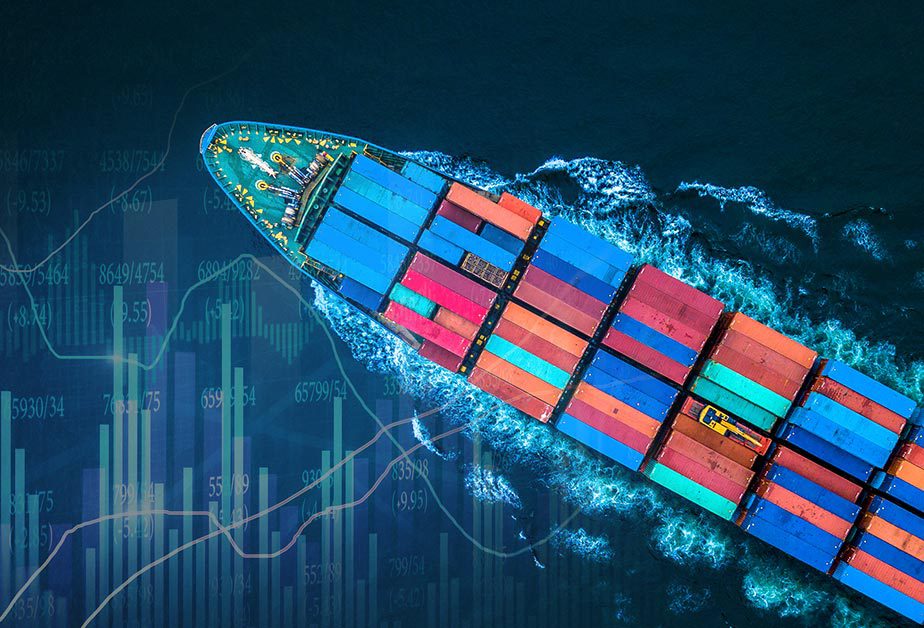Outdated ways of transmitting data are causing increasing friction during COVID-19, particularly when it comes to trade compliance.
The pandemic has had significant impacts on global trade, with reduced cargo space leading to increased shipping costs, and unpredictable export controls and health circumstances disrupting the supply chain.
It has also put a spotlight on the outdated practice of using physical, paper documentation for many import and export-related processes. Physical documentation requirements have caused bottlenecks, which, in turn, have reduced cargo volumes.
As a result, major economies have been pushing toward digitization with increased urgency. India, China, and the Eurasian Economic Union in particular are pushing forward technology to remove these bottlenecks and restore cargo and shipping capacity.
World Trade Organization Proposal
The World Trade Organization (WTO) has proposed trade facilitation measures that embrace digital transformation; 25 percent of the measures are directly related to a transition to paperless systems and digital infrastructure.
The organization estimates measures associated with the Trade Facilitation Agreement, which includes digitization efforts, could increase global merchandise exports by $1 trillion USD per year, much of which would benefit less-developed countries.
The multi-year project will create a series of global logistic internets that will streamline processes associated with importing and exporting goods. For example, the World Economic Forum has recommended a shared digital Global Trade Identity for businesses and governments that would support authentication and authorization, providing a globally-recognized digital signature.
Customs Authorities Included in Digitization Efforts
Customs authorities are also looking to migrate processes to similar cloud-based systems, which will allow for enhanced risk screening for documents. In the U.S., tens of billions of dollars in fines are issued annually against importers, which could grow under digital risk screening processes.
As these processes are implemented, companies will look to implement their own digital risk mitigation strategies, such as leveraging software and technology with risk screening algorithms and analytics, to avoid costly penalties and protect market access.
Companies can proactively participate in the digital transformation by digitizing their processes where possible. With data digitized, proper management and analytics significantly increase visibility into the supply chain — and insight into future risk.
Assent’s supply chain data management solution empowers companies with supply chain transparency by collecting and managing supply chain data, including that used for trade (e.g. trade certificates like the United States-Mexico-Canada Agreement certificate of preferential origin). To learn more about implementing technology in trade compliance programs, contact our experts.









